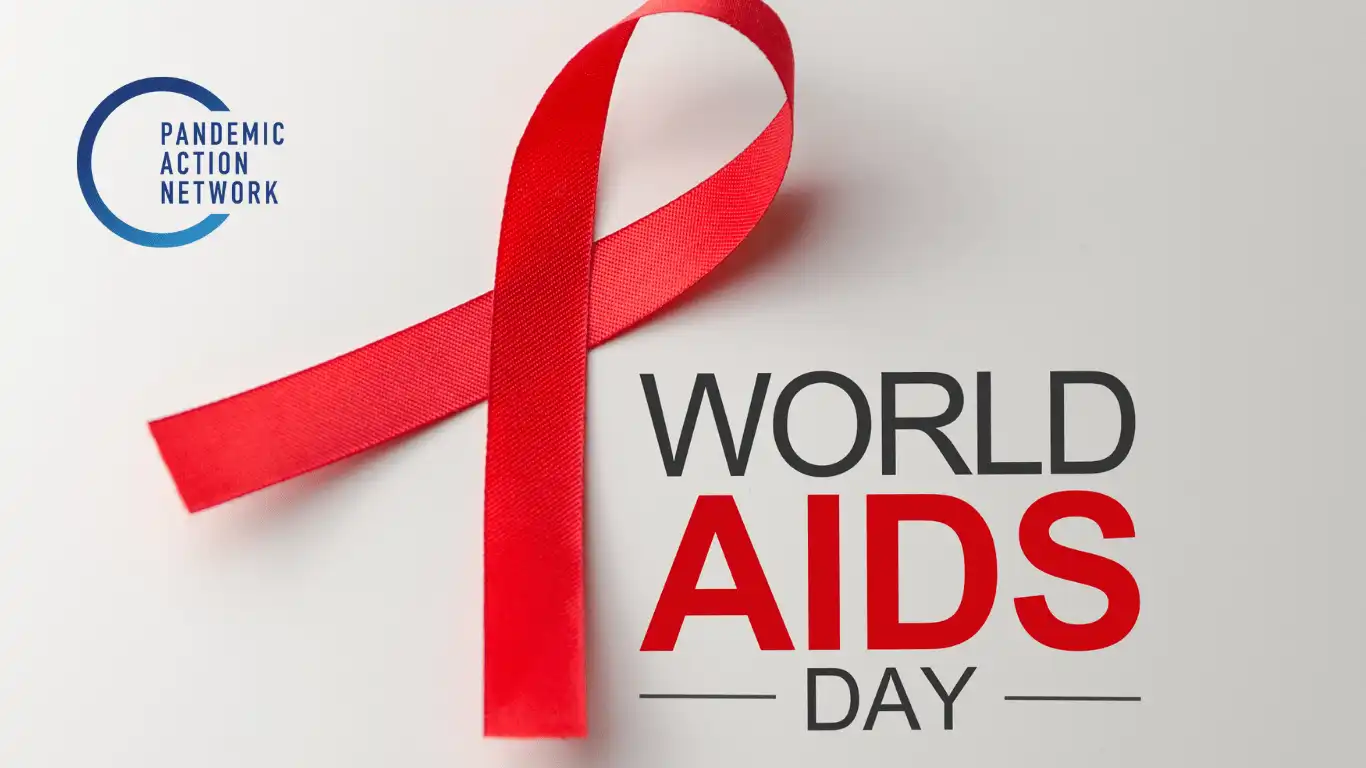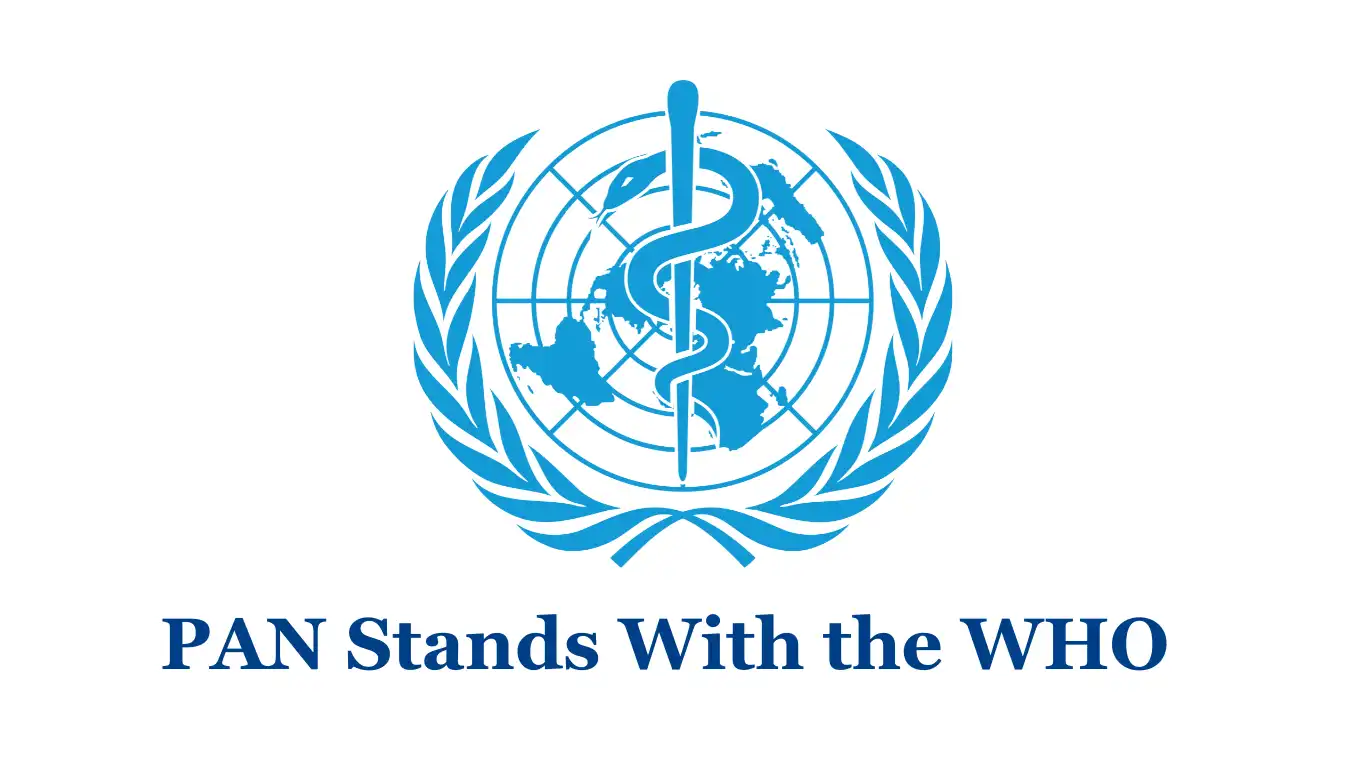By Isabelle de Lichtervelde
Each year, World AIDS Day is recognized on December 1 to commemorate those who have lost their lives to AIDS and those living with and affected by HIV. It has also been an important occasion to galvanise support for a stronger and fairer response to HIV/AIDS. As with everything else impacted by COVID-19’s devastation this year, World AIDS Day 2020 is a unique moment and opportunity.
COVID-19 has shown the world once again how health is interlinked with other critical issues, such as inequalities and economic well-being. COVID-19 has plunged the world economy into deep contraction and, like many other crises, it is hitting the poorest, most disadvantaged, and most vulnerable the hardest. The pandemic has also reminded us all that a global crisis requires a global response.
The world has made significant progress since the late 1990s, but HIV remains a major global health crisis that has been further deepened by COVID-19. The UNAIDS annual report shows that HIV services have been worryingly disrupted due to COVID-19, particularly in low- and middle-income countries (LMICs) where health systems are more fragile. The HIV/AIDS response could be set back by 10 years or more, if COVID-19 leads to severe disruptions to HIV services, leaving many at greater risk of HIV infection and AIDS-related deaths.
With this in mind, the theme of World AIDS Day 2020 is “Global solidarity, shared responsibility”. The world needs global solidarity and shared responsibility now to beat the epidemics of HIV and pandemic of COVID-19.
For this to happen, here are three things that the world leaders need to do NOW.
- Fully fund the global response against COVID-19 while protecting and increasing other life-saving health programmes. World leaders must commit to fully fund the Access to COVID-19 Tools Accelerator (ACT-A) without diverting investments from other health priorities, including HIV/AIDS. US$5.1 billion has been committed to the ACT-A to date. US$4.2 billion is still needed urgently, with another US$23.9 billion needed by the end of 2021. We must look beyond scarce development assistance budgets to fund the ACT-A. Official development assistance (ODA) is a precious resource that we must increase rather than decrease at a time of rising need in LMICs. Fully resourcing the ACT-A is not a matter of charity; it is an investment in the world’s recovery. Governments should use a portion of their domestic fiscal stimulus for the multilateral response against COVID-19, while increasing investment in other life-saving global health programmes.
- Invest in pandemic preparedness and prevention. Health systems must be urgently strengthened, in particular in LMICs in order to ensure all countries have the capacity to respond to COVID-19, HIV/AIDS, and other epidemics as well as prevent and be prepared for future epidemic threats. Other key pandemic preparedness and prevention priorities include accelerating global health research and development for epidemic-risk diseases and securing reliable access to personal protective equipment (PPE) and other pandemic supplies.
- Ensure fair and equitable access to health tools globally. No-one can be left behind in accessing life-saving diagnostics, treatments, and vaccines. Errors of the past cannot be made again. Millions of people in LMICs died waiting for HIV treatment. Fully equitable access still isn’t a reality today. Due to lack of access to HIV services, 690,000 people died from HIV-related causes and 1.7 million people were newly infected last year. Fair and equitable access to all health commodities, including COVID-19 treatments, diagnostics, and future vaccines, must be urgently ensured. Global equity must be at the heart of the world’s response to COVID-19 by prioritising multilateral action over bilateral action and ensuring that distribution mechanisms and allocation frameworks are based on equitable terms. Products should be both accessible to LMICs as soon as they become available and suitable for LMIC settings.
COVID-19 has brought the world to its knees and has threatened decades of hard-won gains in the global HIV/AIDS response. However, this crisis is also an opportunity to do things differently and build back better. Every effort we make together in the fight against COVID-19 should leave a longer-term legacy that better prepares humanity to more effectively deal with outbreaks and pandemics, including HIV/AIDS.



